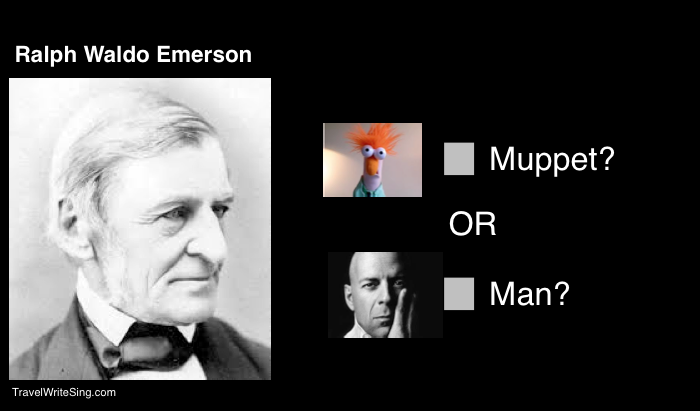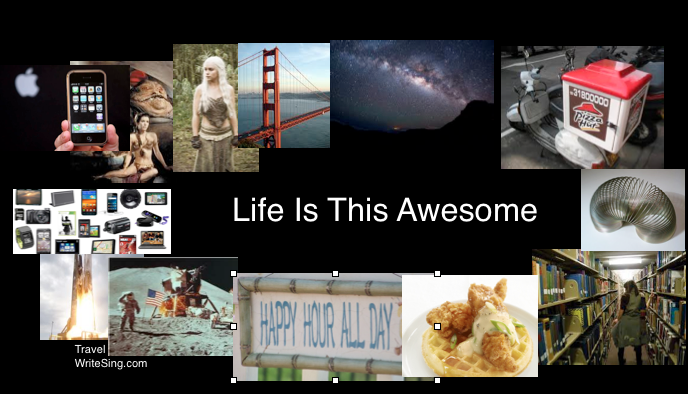Reading Ralph Waldo Emerson to any length is a lot like spending an afternoon in a pottery museum. Imminent disinterest is moments away in every pottery museum on earth. Half the time they are not even pots, just shards of dirty glass under clean glass.
But let’s put away the dirty dishes from the museum, I’m here to give Emerson a shoutout that will save you the trouble of having to read through the annoying parts of his essay “Nature.”
His point at the time (that time of course none other than the infamous 18th-century) was that even those without much had tons because of what they enjoyed within the benevolent hookup of society. It’s easy to forget about them them, since our media does a poor job of reminding us of much more than body counts and what’s happening with Linsey Lohan.
Emerson sees it as: “The private poor man hath cities, ships, canals, bridges, built for him. He goes to the post-office, and the human race run on his errands, to the book-shop, and the human race read and write all that happens, for him, to the court-house, and nations repair his wrongs. He sets his house upon the road, and the human race go forth every morning, and shovel out the snow.”
Add Netflix to that list and it becomes clear that if people had a lot to be thankful for in the 1870s, then how much more do we have to be thankful of today?
This does not mean that we don’t have looming problems the size of whales after a day spent swimming with krill, but it does mean that Emerson thinks we should stop every now and then and take a breath and say, “Very nice.”
We may not have hover-boards despite what we were promised, but we do have Facebook and pizza delivery, Kindles and Klondike bars. Every morning I wake up and open a magic box that keeps my food cool and then I turn on a magic screen which shows me cats doing ridiculous things. My life is pretty awesome.
I recently read one of those articles that talks about how to shit everything has gone and then nostalgically recalls the lost past. The writer did not say when things were so much more awesome, so I was naturally curious, “When exactly was that?”
Thinking about the recent and distant past, I did not find much I would want to Delorean my way back to. At the turn of the century in the US there were 3 million kids in forced labor conditions–some working 12 hour days in factories. So despite all the vamps and flappers then, scratch that. Any further back and there will be all those annoyingly lethal diseases science had not figured out since it took them forever just to get us Tylenol. Further back and presidents will have to stop aside for a king and kings weren’t always known to be that cool.
I could go on, but I need to walk the dog and I am starving and there is nothing in my magic frozen box to eat so I am going to have to waste a bunch of time calling someone on my phone to drive over here and trade me some food for money.
I’ll leave you with some Emerson:
There is no object so foul that intense light will not make beautiful. And teh stimulus it affords to the sense, and a sort of infinitude which it hath, like space and time, make all matter gray… [he goes on for some unnecessary length here and starts talking about corpses. We’ll skip ahead]… To the attentive eye, each moment of the year has its own beauty, and in the same field, it beholds, every hour, a picture which was never before and which shall never be seen again. The heavens change every moment, and reflect their glory or gloom on the plains beneath.
Actually, I’ll leave you with some muppets.







